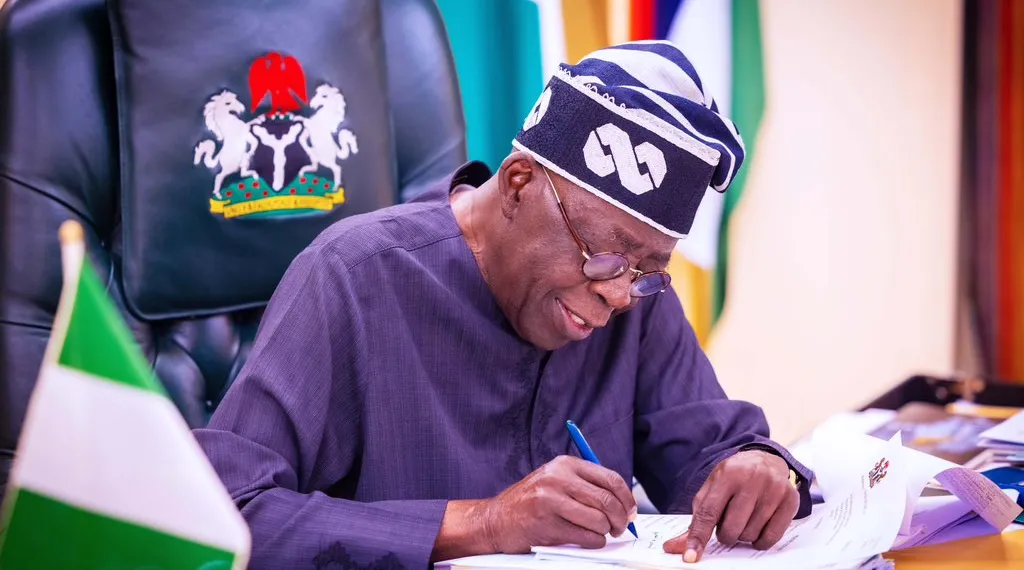Imf logo
The International Monetary Fund says countries that have very close economic links with Ukraine and Russia are at particular risk of scarcity and supply disruptions.
It added that poor households across the world would suffer from the increase in food and fuel prices, as the Ukraine-Russia war persists.
The Washington-based Fund said this on Saturday in a press statement, which was titled ‘IMF Staff Statement on the Economic Impact of War in Ukraine’.
The statement read in part, “Countries that have very close economic links with Ukraine and Russia are at particular risk of scarcity and supply disruptions and are most affected by the increasing inflows of refugees.”
The PUNCH had reported that Russia is among Nigeria’s top 10 import trade partners between the third quarter of 2020 and the corresponding period in 2021, with a total import trade value of N993.38bn.
The IMF Executive Board further lamented the tragic loss of life, human suffering, and the ongoing massive damage to Ukraine’s physical infrastructure, adding that over million refugees were in neighbouring countries.
According to the statement, the economic consequences are dire for the world, as there is a surge in energy and commodity prices.
“While the situation remains highly fluid and the outlook is subject to extraordinary uncertainty, the economic consequences are already very serious. Energy and commodity prices—including wheat and other grains—have surged, adding to inflationary pressures from supply chain disruptions and the rebound from the Covid‑19 pandemic.
“Price shocks will have an impact worldwide, especially on poor households for whom food and fuel are a higher proportion of expenses. Should the conflict escalate, the economic damage would be all the more devastating,” the statement read.
The Fund also said that the sanctions on Russia would substantially impact the global economy and financial markets, with significant spillovers to other countries.
It further emphasised the need for fiscal policy to support the most vulnerable households, to help offset rising living costs.
It added that Ukraine has requested emergency financing of $1.4bn under the IMF’s Rapid Financing Instrument to help in cushioning the economic effects of the war.
Source Punch














